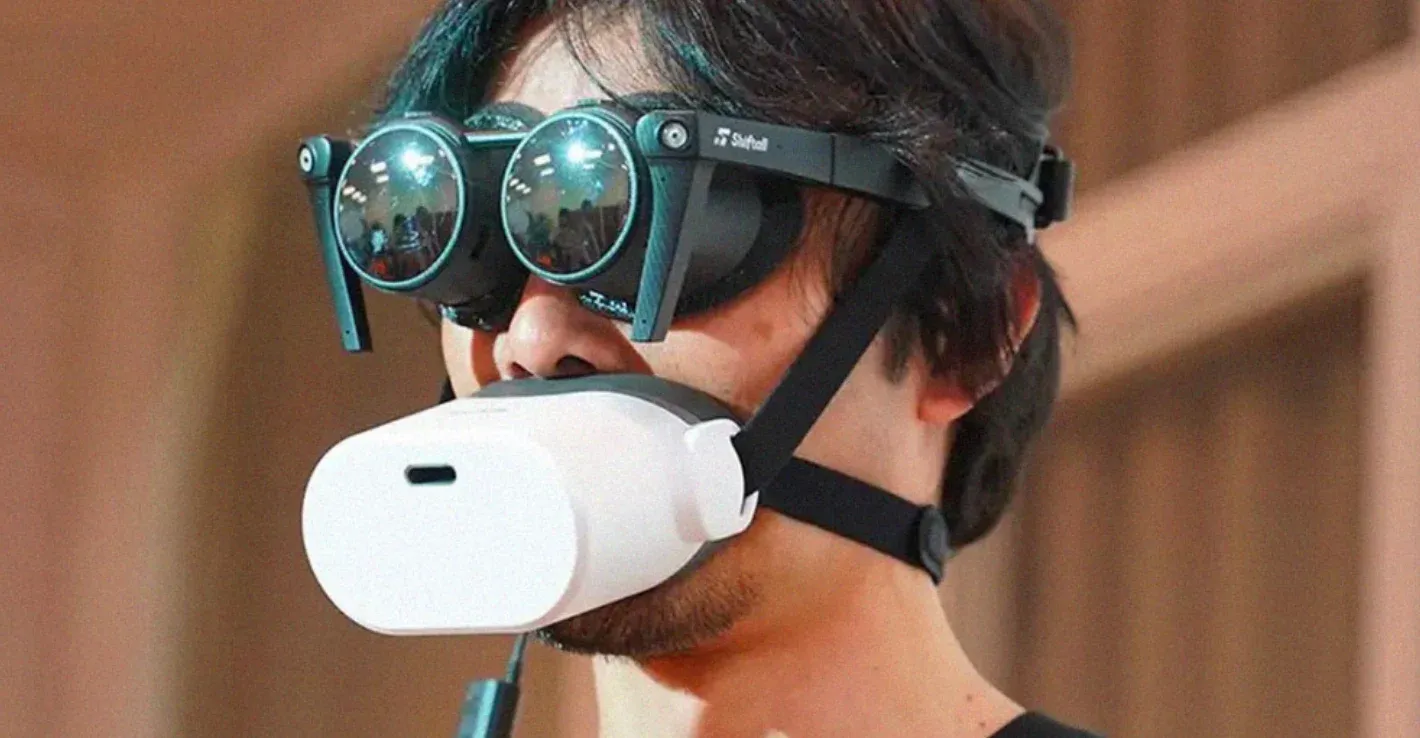
Dear Studio Fam,
The new year brings with it news of potential threats to Google's dominance in search, updates from Apple about making your iPhone a bit more expensive to maintain, and some insights into why televisions are getting cheaper amidst historic inflation. We also check in on the coolest and weirdest tech debuting this week at CES in Las Vegas, and circle back to the ongoing crises of the crypto industry with news of a major fraud settlement between the US government and one of the few remaining crypto industry leaders.
Google Search Under Threat from Microsoft’s AI
The last three months of technology news have been dominated by the public unveiling of advanced artificial intelligence products. These products can generate novel images, write essays and computer code, organize information, and integrate directly with just about any SaaS product to automate many tasks that otherwise require human input. Much has been speculated about how exactly these products will be adopted at scale and which businesses are most at risk of disruption, but recent reporting from Bloomberg about Microsoft’s Bing Search engine clarifies AI is very much a threat to Google and its dominance in search.
Google is the longtime champion of the search market, maintaining over 80% market share since before the introduction of Bing in 2009. Today, Bing is actually the second most popular search engine in the United States and has doubled its market share in the last three years. Microsoft is now hoping to continue that growth with the introduction of ChatGPT. Why would Microsoft do that? Let’s ask ChatGPT itself:

A search engine empowered with conversation AI like ChatGPT is capable of a more customized response to a broader array of queries. But don’t go shorting Google stock quite yet: others have reported that ChatGPT is good at confidently producing results with false information, and Google has built AI even better than ChatGPT but kept it secret, perhaps because Google has realized that monetizing conversational AI-powered search is a lot different from conventional ranked search. Either way, 2023 is going to be filled with a number of remarkable advancements in how people gather and organize information.
Studio Byte Of The Week
Replacing your iPhone battery is about to get more expensive, even though it is often the best way to bring an old iPhone back to life.
TV’s Are Cheaper But More Expensive Than You Think
Record inflation has made most things we buy more expensive over the last year, with few exceptions. At the top of the exceptions list are electronics like smartphones and televisions. Despite almost 10% inflation, televisions in particular are as much as 20% cheaper than they were a year ago.
The reasons range from the obvious to the obscure, but not every reason is necessarily beneficial to the consumer, according to The Atlantic. For starters, there are a lot of television manufacturers and they are in vigorous competition for market share. Second, all manufacturers have gotten a lot more efficient at producing the most expensive TV component, the glass. Finally, the software that makes TVs “smart” can generate revenue for TV makers well after the date of purchase by selling data about your viewing habits.
The market for viewing data is so lucrative, some manufacturers make more profit from their data sales than they make from their hardware sales. But the cost comes at the expense of your privacy. If you set up a new TV and consent to all of the embedded services (you don’t actually have to do that), you’re literally giving permission to your TV manufacturer to take screenshots of your TV while you’re watching it. When you consider your smart TV probably also has a voice powered remote or Alexa built in, it’s possible you’ve also consented to letting your TV maker listen to everything you say.
SHORT BYTES: The Coolest and Weirdest Things at CES 2023

It’s early January, so the latest digital gadgets and tech enabled products are being unveiled at the Consumer Electronics Show in Las Vegas. Here’s a rundown of some of the coolest and weirdest new products:
- The Mutalk Metaverse Mic by Shiftall: Do you hate it when your roommate is yelling in the metaverse? Get him this techie muzzle!
- Neutrogena Skinstacks: Take a vitamin quiz and have a custom blend of skin-nourishing supplements 3D-printed into a rainbow jelly that also sort of looks like skin.
- Atmos Gear Electric Rollerblades: Now taking pre-orders, this French startup is updating 90s retro fun with the best of 21st century micromobility tech.
- Nowatch Health Tracker: It looks like a watch, but it doesn’t tell the time. But it does tell you a lot about your heart rate.
- U-Scan Home Urine Lab: It’s exactly what it sounds like, but you wouldn’t know it from looking at its smooth, white river stone enclosure.
Coinbase Reaches $100 Million Settlement for Failing to Investigate Fraud

As the criminal cases against FTX executives crawl on, another crypto exchange has settled an ongoing fraud investigation related to its business practices. In this case, Coinbase admitted to thousands of incidents of failing to meet its oversight responsibilities in regards to verifying customer identities and investigating suspicious transactions.
Financial regulators in New York have found that Coinbase, the publicly traded crypto exchange, violated anti-money laundering laws by not conducting sufficient background checks as required by law. As a result, Coinbase will pay a $50 million fine to the New York State Department of Financial Services and must spend another $50 million on improving its compliance program. Regulators discovered issues with Coinbase's compliance programs, including customer due diligence procedures, transaction monitoring systems, and anti-money laundering risk assessments during routine examinations in May 2020.
Coinbase also failed to properly oversee or train third-party contractors responsible for reviewing transaction alerts, leading to inaccuracies and a failure to report instances of money laundering and other illicit activities. The company had been aware of these failures since 2018 but made slow progress in addressing them, mostly due to a lack of staff. This is despite contradictory statements from Coinbase last year in the wake of massive layoffs, when CEO Brian Armstrong stated they had overhired during the pandemic.

